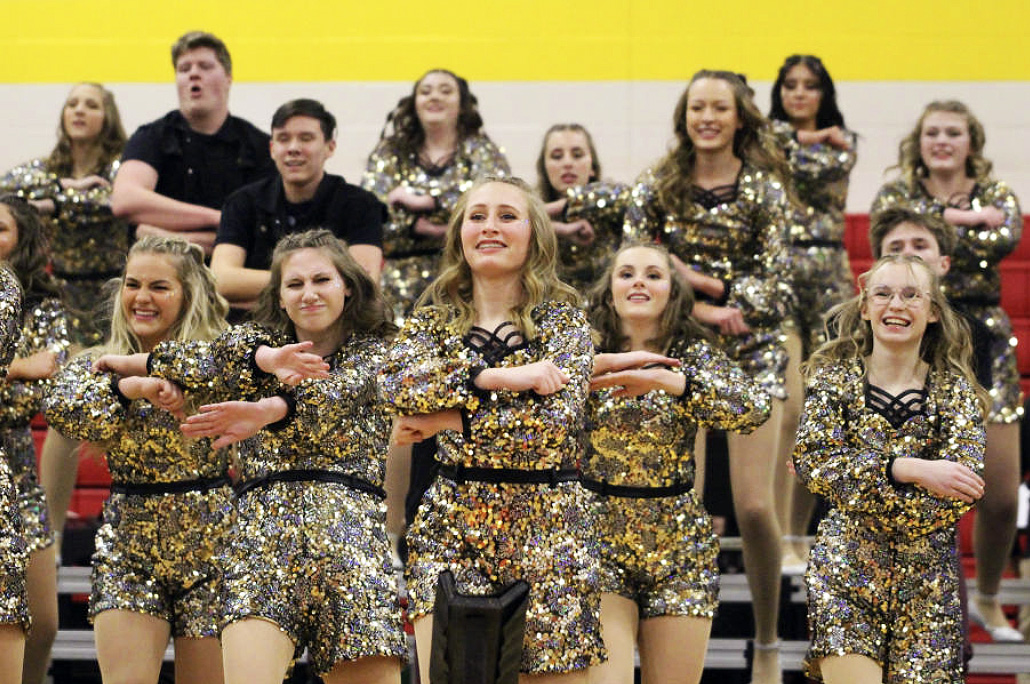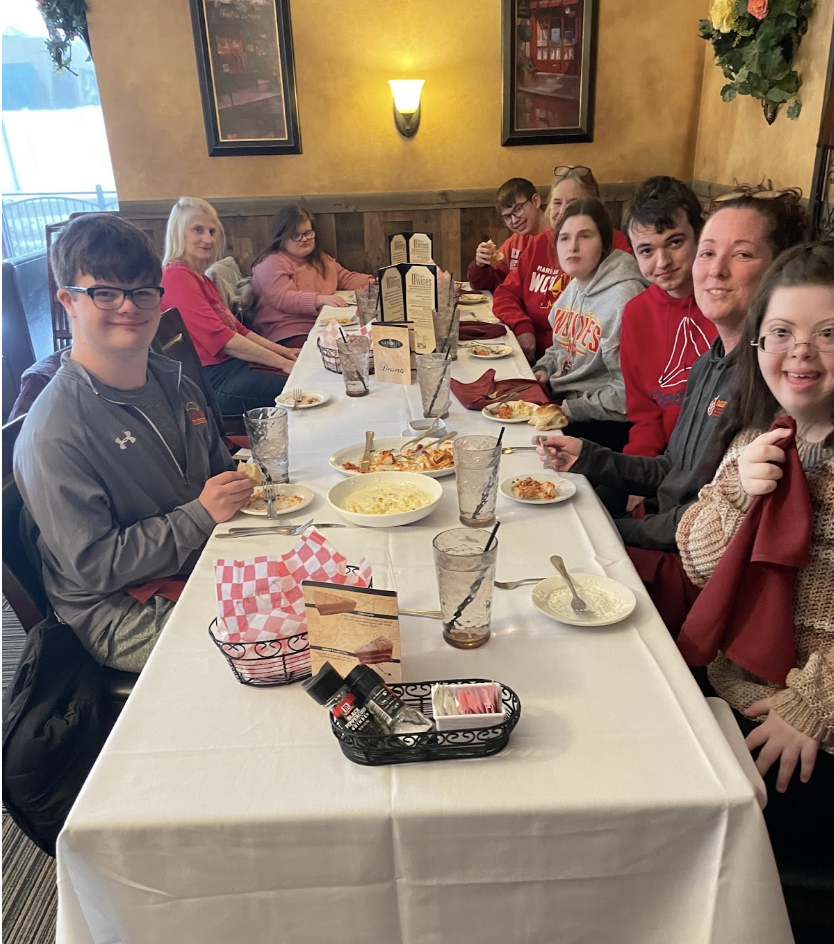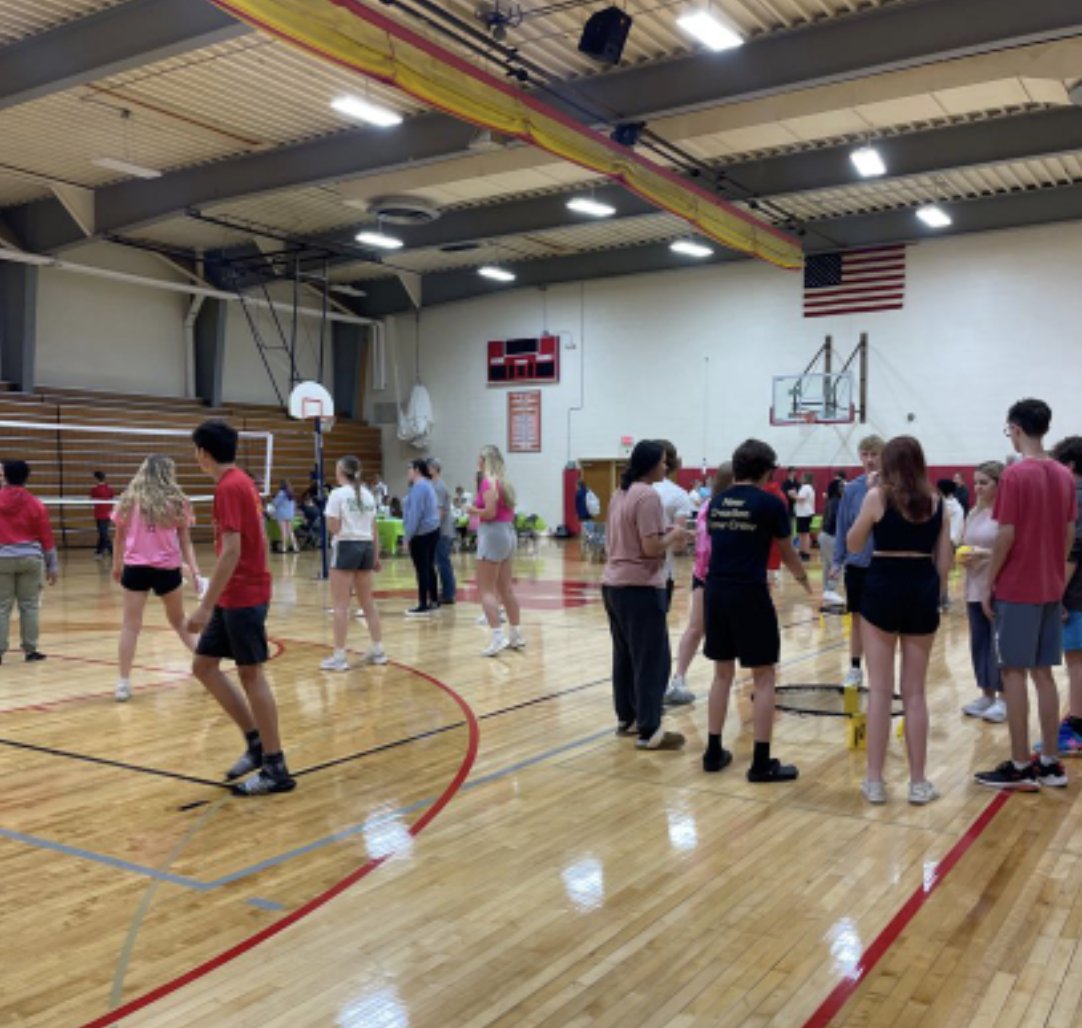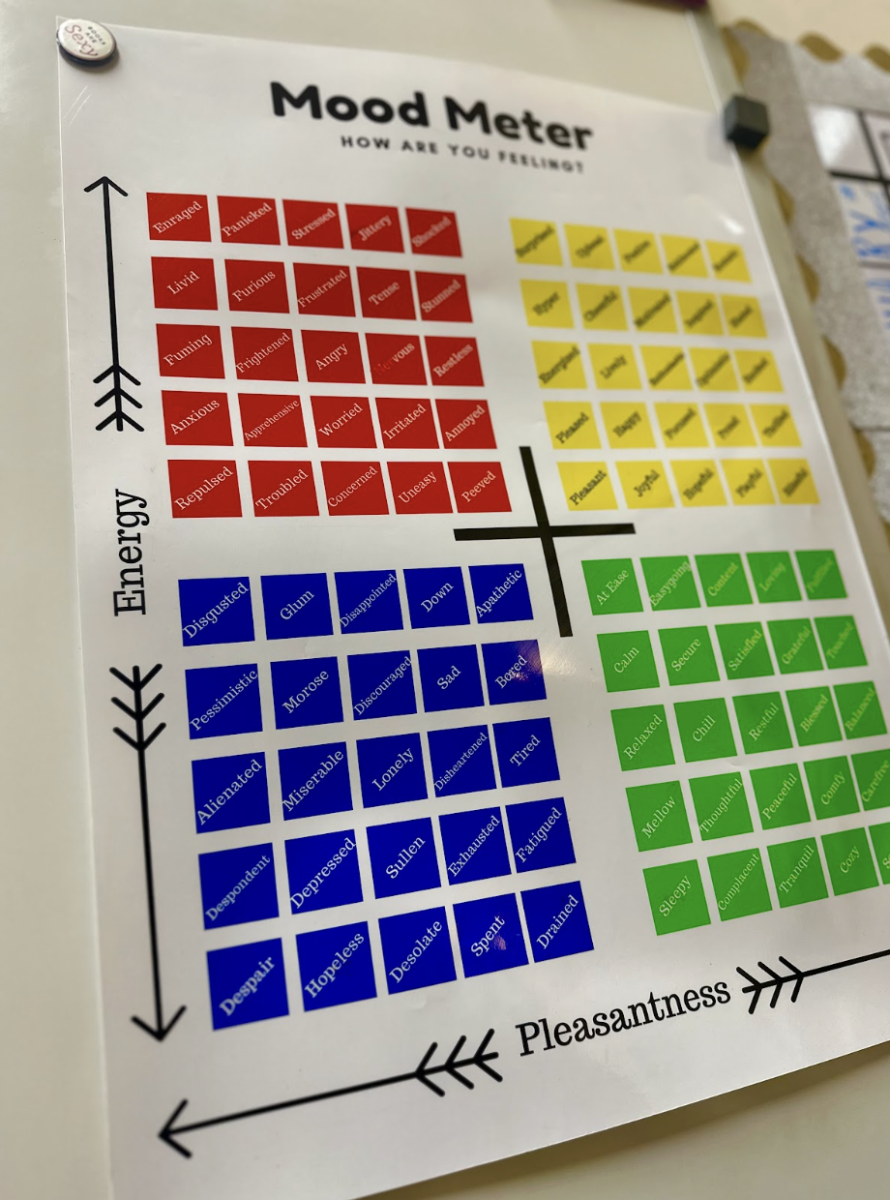Extracurricular activities, like sports and performing arts, undoubtedly take a hefty amount of skill to perform well in. Often, when a fan or an onlooker watches a team, whether that be a football or basketball team, the cast of a play, or a group of singers, they will tend to cheer louder for a few specific people who stand out to them. Maybe it’s caused by the belief that a certain player or performer has more skill over another, that they perform with more confidence, or that the person is a family member or friend. However, in some cases, there can be a coach or leader of an activity that seems to favor certain players or performers. Blatant favoritism from leaders is a common problem in school, work, sports, and other extra curriculars. This inequality can cause jealousy, loss of interest in the activity, and even drama and fights between team members.
Students around the school experience favoritism in different ways from coaches and leaders. One anonymous performer said she has experienced bias in show choir. In her opinion, the students who are favored are the coaches’ kids along with a handful of certain other individuals. “[The coaches’] kids are involved in the same stuff,” she said. “A lot of the time, they’ll do it where seniors get a lot of responsibility, but then there’ll be younger people where it’s just because of [favoritism] that they get a higher role, like a solo or leadership role.” Show choir also holds auditions for solos and higher positions, and the performer pointed out that she felt as though the process was unfair in her activity as well. “You’re not coming to the audition with a clean slate,” she said. However, even though it’s difficult for her not to feel jealous of certain people, the member doesn’t think that partiality affects how she feels about other members. “I try not to let [favoritism] get in the way because you can always keep trying your best.” Keeping a positive outlook in the face of bias can be difficult for many, but this show choir member hasn’t given up yet.
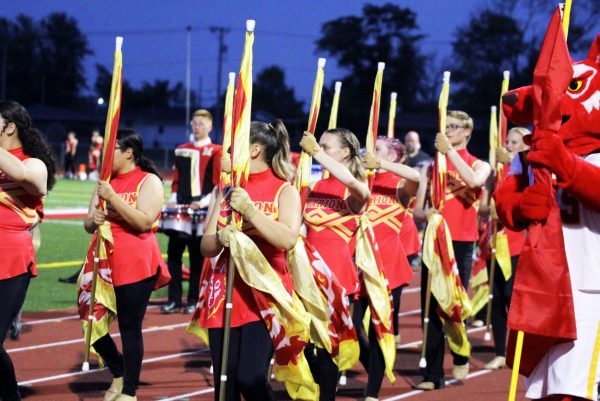
However, show choir is not the only activity where students feel the effects of partiality. One member started noticing favoritism within color guard, a performing art that goes along with marching band, in her sophomore year. She said that, in her opinion, this bias was occasionally catered toward talent or skill level but usually based on her opinion of that person. Similarly to show choir, color guard holds auditions, and the member noticed favoritism. This year, the guard used sabres in their performance, which are sword-like pieces of equipment that they spin much like flags and rifles. Anyone who wants to spin sabres has to try out for it first, and the guard member recalled a story from the auditions. “The first person went… afterwards, our coach immediately decided that they could have the fall or the winter guard solo, but I just think that wasn’t a trustworthy thing to do seeing as she didn’t see anyone else try out before… If you are favored in any way, she’ll just give you opportunities that she doesn’t give anyone else.” Aside from this, the guard member believes that favoritism goes beyond an increased chance of receiving certain advantages.
Those who are subjected to being less favored in an activity may experience envy towards those to whom the leaders are biased, a disappearance of trust between coaches and players, a loss of interest in the activity, and a sense of dread or pressure for practices and games or performances. “I love this sport… but the favoritism has definitely taken a toll on my passion for it,” said the guard member. The show choir member said, “It makes me feel like there’s not really a point in trying my best when there’s other people that are stuck in [the coaches’] minds.” Since many students feel that severe favoritism impacts them negatively, they recommend that coaches steer clear of transparent bias.
The show choir performer suggests that activity leaders start tryouts or auditions, and continue through the season, with an open mind. “You can’t tell people to not have favorites, because everyone will in the back of their mind,” she said, “but be intentional going into an audition, or whatever it is, and know, ‘okay, these are people that I always gravitate towards, and I want to make sure I’m looking at everybody.’” However, if coaches are still causing jealousy and pressure within the team regarding bias, the guard member said it’s best to take matters into one’s own hands: “Honestly, if it’s blatant, all-the-time favoritism… try communicating it first. If it really is terrible, maybe try to find a different team. I know it’s hard, it was really hard for me to quit, but sometimes that’s what you have to do for yourself.” Favoritism is a heavy and controversial subject. Sometimes, unintentional partiality can slip through the cracks, but addressing and mitigating more obvious forms of bias may help students grow as a team in a supportive environment where they can feel more encouraged and at home in their activity.


